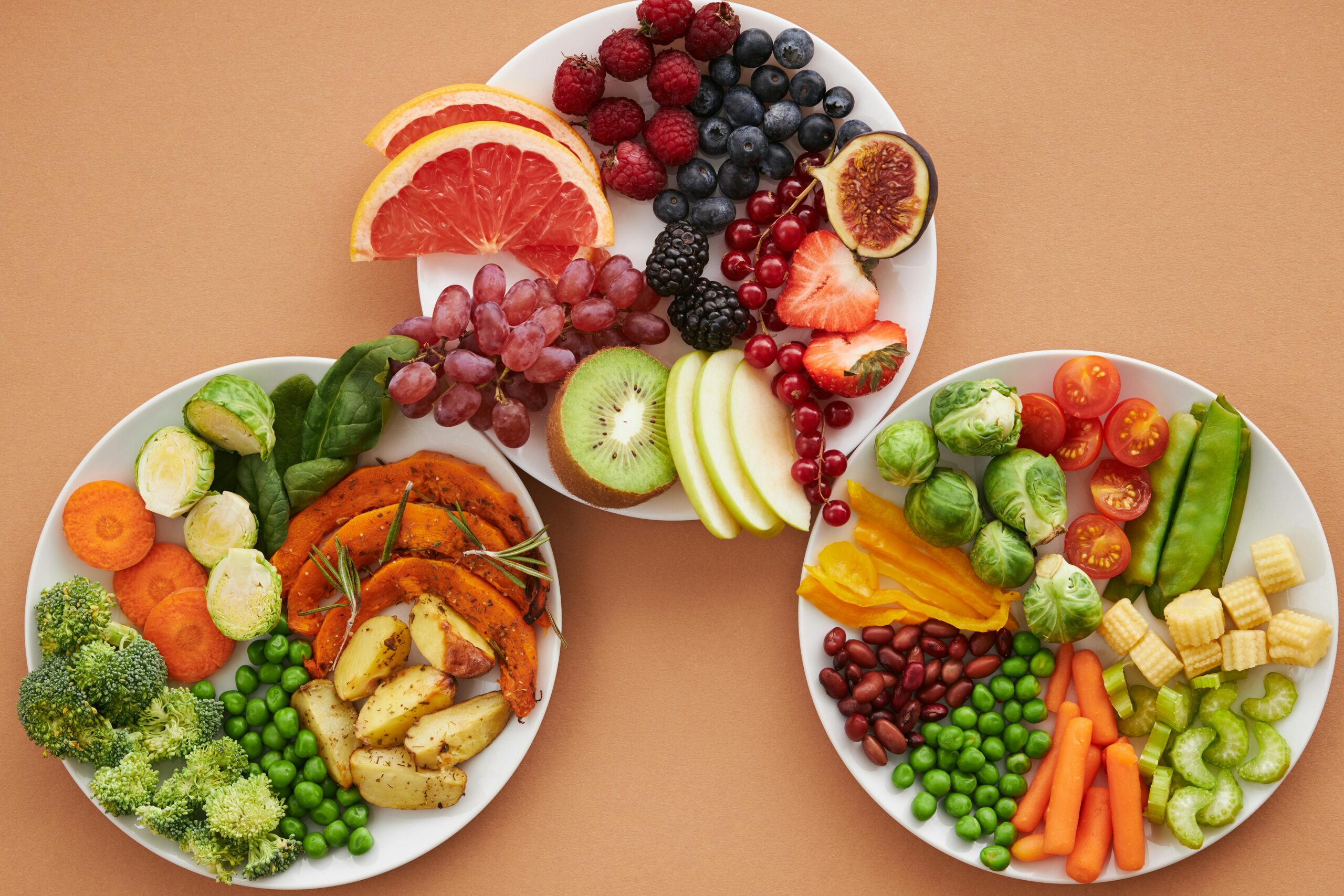Are you looking for simple and effective way to enhance your health, boost digestion and feel more healthier? The key is in your diet! Fiber is a rich nutrient that helps in keeping your body operating at its peak. However, many people fail to obtain it in quantities needed on a daily basis. In this, we’ll look at the top high fiber fruits and vegetables and their benefits and how you can simply incorporate them into your meals. If you’re looking to improve your digestion, to promote heart health and feel fuller for longer, read on!
What is Fiber?
Fiber is a form of carbohydrate, but it is classified differently than all the other carbs because it is something that the body cannot process. Unlike other types of carbohydrates which get converted into sugar in the body, fiber remains undigested and simply moves through the digestive tract in bulky pieces.
Fiber comes in two forms:
Soluble Fiber: Soluble fiber is the type that is disolvable in water and able to reduce cholesterol and sugar levels in the blood.
Insoluble Fiber: This type of fiber does not dissolve in water and aids in the regular movement of food through the intestines.
Why is Fiber Important in Our Diet?
Eating foods with fiber is excellent for your general well being. This is why fiber is important:
Aids Digestion: Eases the challenge of constipation and boosts the elimination of feces from the body.
Aids in Weight Loss: Gives you a sense of fullness for a longer period of time and helps to reduce unwanted nibbling.
Regulates Blood Sugar: Slows down the pace at which sugar is absorbed saving you from having elevated blood sugar levels.
Lowers Cholestrol: Soluble fiber helps ensure that cholesterol in the body is added at a slower pace hence bad cholestrol is reduced.
Promote Gut Health: Nourishes the beneficial microbes in the intestine and ensuring the gut microbiome stays healthy.
List of Fruits and Vegetables which have High Fiber Content :
If you are looking for the rich sources of fiber, below is a list of high fiber fruits and vegetables that should be added to your diet.
1. Apples
Fiber Content: 4 grams per medium apple
Apples are healthy and tasty snack. The peels are full of fiber, so leave the peels on.And as always say an apple keeps a doctor away remember that.
2. Bananas
Fiber Content: 3 grams per medium banana
Bananas contain resistant starch which improves in proper digestion as well as gut health.
3. Oranges
Fiber Content: 3 grams per medium orange
Oranges contain vitamin C as well as an sufficient amount of fiber to ensure in smooth digestion.
4. Pears
Fiber Content: 6 grams per medium pear
One of the high fiber fruits is the pear. It improves in digestion as well as weight management.
5. Raspberries
Fiber Content: 8 grams per cup
Raspberries have one of the highest fiber content among all the fruits. They also contain antioxidants that support overall health.
6. Carrots
Fiber Content: 3.5 grams per cup (chopped)
Carrots are a crunchy, low-calorie vegetable with high fiber and vitamin A content. And it also helps in improving eyesight.
7. Broccoli
Fiber Content: 5 grams per cup (cooked)
Broccoli is rich in fiber and important nutrients such as vitamin K and C.
8. Sweet Potatoes
Fiber Content: 4 grams per medium sweet potato
Sweet potatoes are not only high in fiber but also beta-carotene, which is excellent for eye health.
9. Spinach
Fiber Content: 4 grams per cup (cooked)
Spinach is a leafy green vegetable that is rich in fiber, iron, and vitamins.
10. Avocado
Fiber Content: 10 grams per cup (sliced)
Avocados are the richest sources of fiber and healthy fats and they are excellent for digestion and heart health.
If you are wondering which fruits and vegetables are high in fiber, here is a quick list:
High Fiber Fruits:
- Apples
- Bananas
- Oranges
- Pears
- Raspberries
- Avocados
High Fiber Vegetables:
- Carrots
- Broccoli
- Sweet Potatoes
- Spinach
- Brussels Sprouts
- Cauliflower
How to Add More Fiber in Your Diet
Eat Whole Fruits: Instead of drinking fruit juices try to eat the whole fruit to get more fiber.
Include Vegetables in Every Meal: Add rich fiber vegetables to soups, salads and stir-fries.
Snack on Nuts and Seeds: Almonds, chia seeds, and flaxseeds are excellent sources of fiber.
Select Whole Grains: Replace white bread and rice with the whole grain varieties.
Be Well Hydrated: Drink a lot of water to allow fiber and to function properly.
Conclusion
Consuming high fiber vegetables and fruits are the excellent means of improving digestion, having a healthy weight and decreasing the risk of diseases in the future. Eating more fruits and vegetables rich in fiber on a daily basis will help you to notice changes in your health.. Try to add some of these fiber sources into your diet today!
Is this article helpful? Share it with your friends and relatives to pass on the health advantages of fiber-rich foods!
